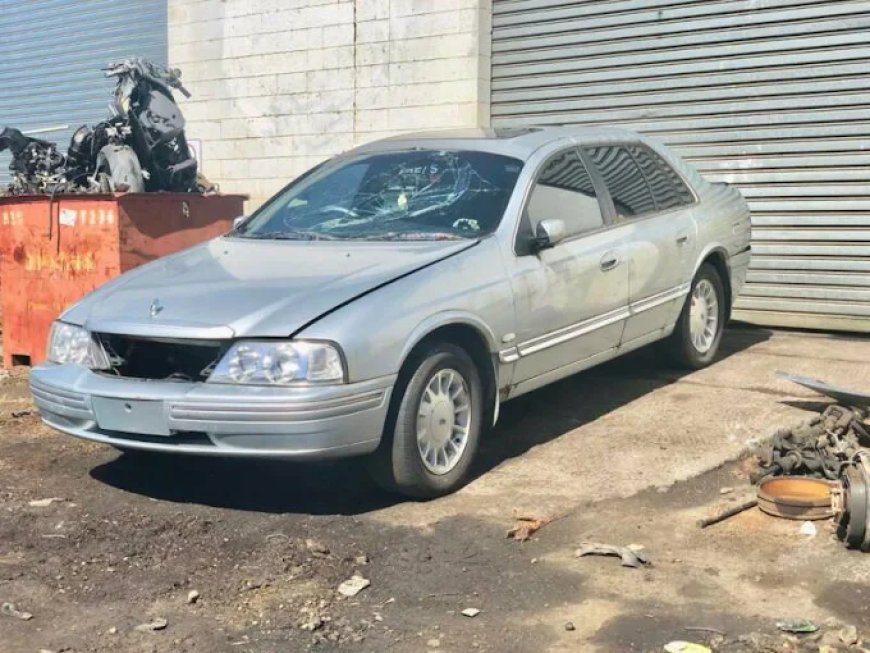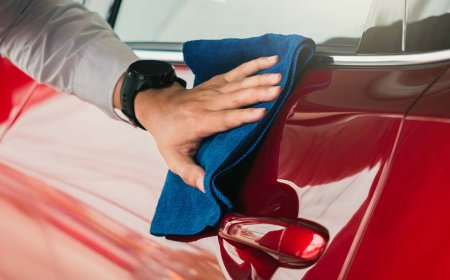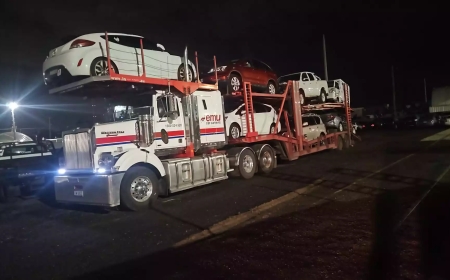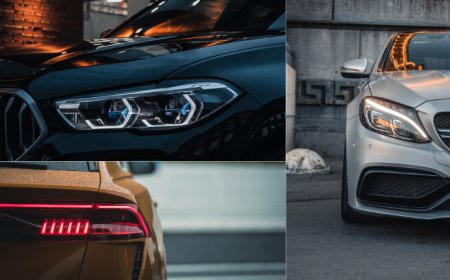Time Travel on Wheels: When Selling an Old Car Preserves Auto History
Selling an old car can do more than clear your driveway—it can help preserve Australia’s automotive history. Learn how passing on your vehicle keeps its story alive.

Introduction
Old cars are more than just worn-out machines. They are memories on wheels. Some carry the scent of leather from the 70s, others still have the faded radio dials that played music decades ago. Selling an old car is not always about clearing space or earning money. Sometimes, it plays a role in preserving history. Many classic vehicles carry rare engineering features, unique designs, and stories from a different era. Passing them on can help keep automotive heritage alive.
The Historical Worth of Old Cars
Not every old car is considered a classic, but many have something rare about them. It might be the original factory parts, limited-edition trims, or design elements that were only used for a short time. For example, the Holden EH released in 1963 was one of Australias most iconic models. It became a favourite for its solid structure and unique grille. If someone sells this car to a collector instead of crushing it, they allow the story of local manufacturing to stay alive.
Preserving vehicles like this also helps future generations understand the evolution of transport. Seeing these cars at museums, auctions, or rallies reminds people of how far engineering and design have come.
Why People Sell Historic Cars
People often sell old vehicles because they lack space, the car no longer runs, or maintenance has become too expensive. Sometimes, owners are unaware that their old car holds historical importance. A rusted Mini Cooper from the 60s may look unimportant to some, but it might be the missing piece for someone restoring a full collection.
In some cases, older Australians who owned these cars during their youth want to pass them down. However, when no family member is interested, selling becomes the only option. This is where careful choices can turn a basic sale into a meaningful handover.
The Risk of Losing Automotive Heritage
Wrecking yards are filled with cars that once shaped the road culture of their time. When a car is sent directly for scrap without checking its background, there is a risk that part of motoring history will disappear forever. Some vehicles are rare simply because only a few were made, while others became rare because most were destroyed.
For instance, models like the Ford Falcon GTHO Phase III have become highly sought after today. However, several were crushed years ago when their worth was not fully known. Preserving such vehicles could have added to car shows, exhibitions, or even historical documentaries.
Visit For More :- https://getcashforcarz.com.au/
How Selling Can Keep History Alive
Choosing the right buyer is a key part of keeping a cars legacy intact. Collectors, restorers, or car enthusiasts often look for specific makes and models. They do not just buy them for parts but repair them, showcase them, or study their mechanical design. By selling to such buyers, the seller plays a role in preserving the look and feel of past eras.
It is helpful to check if any local vintage car clubs are interested before putting the car up for general sale. These groups often know the background of older models and might guide sellers to suitable buyers who understand their importance.
The Role of Auto Events and Classic Car Auctions
Australia hosts several vintage car shows and auctions every year. Events like the Motorclassica in Melbourne and the All Holden Day in New South Wales attract hundreds of classic car lovers. Sellers can connect with the right audience through these gatherings. When cars change hands at such places, they often remain in the spotlight and continue their journey as showpieces or restoration projects.
Selling an old car through these platforms ensures that the vehicle does not vanish into scrapyards. It also helps preserve rare models that reflect the craftsmanship of earlier times.
Factors That Add Historic Worth to Old Cars
Not every car that is more than 20 years old becomes a collectors item. However, some features can increase the chances:
-
Original parts: Cars that have not been modified heavily and still carry factory components are often preferred.
-
Limited edition: Vehicles produced in small numbers or with rare trims tend to gather more attention.
-
Motorsport history: Some cars used in racing events or with a connection to well-known drivers hold special meaning.
-
Australian-built: Local models made by Holden, Ford Australia, or Toyota Australia are especially valued.
Understanding these factors can help sellers present their car properly, which improves the chances of preserving it.
Promoting Local Car Selling with Purpose
In Brisbane, one company offering cash for car Brisbane services through Sell Car Brisbane gives owners an option to sell old vehicles without stress. What makes this service helpful in preserving auto history is its approach to inspecting older vehicles before deciding their future. Some cars get recycled, but others are redirected to collectors or restorers. This prevents important models from being scrapped too early. For anyone looking to free up space while making sure their vehicle continues its journey with meaning, this option serves both needs. It also adds value to the local market, where rare vehicles may find the right buyers.
Tips Before Selling an Old Car with Historic Value
-
Research the model Learn if the car is part of any known series or has unique features.
-
Check the VIN The Vehicle Identification Number can confirm build dates and factory specs.
-
Document everything Gather old registration papers, photos, and service records.
-
Get a second opinion Speak to classic car experts or local car clubs.
-
Avoid hasty scrapping Even non-running cars can have historic value.
Conclusion
Selling an old car is not always the end of the road. For some vehicles, it is a chance to begin a new chapter in the hands of someone who sees their worth. Whether it is a classic Holden, an original Ford, or an early Japanese import, every vehicle has the potential to carry history forward. With the right approach, sellers can help make sure these machines continue to tell their stories not from the junkyard, but from the pages of automotive memory.





































